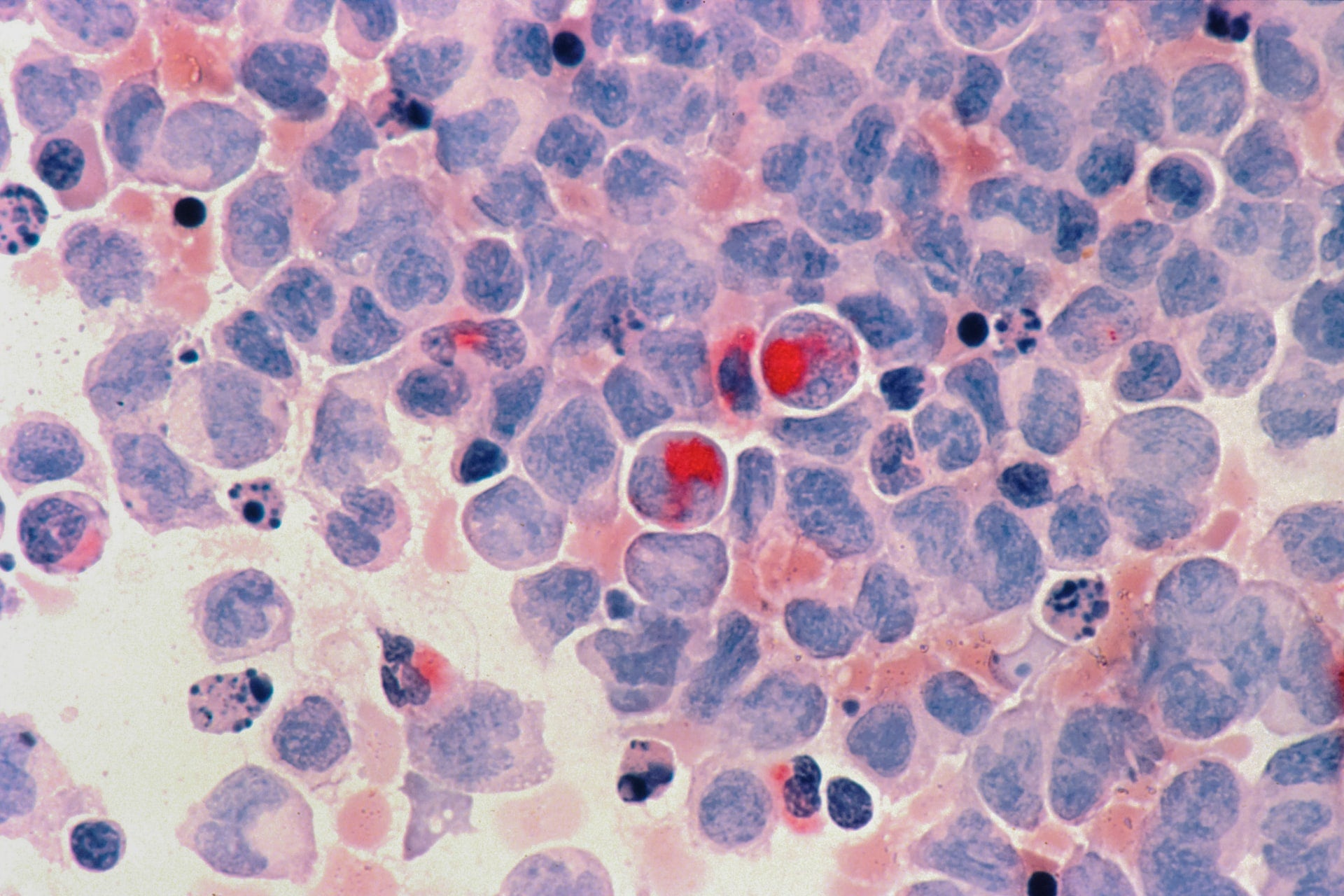
The US Food and Drug Administration (FDA) has granted Investigational New Drug (IND) clearance for InteRNA Technologies’ Phase I clinical trial of microRNA (miRNA) candidate, INT-1B3, to treat advanced solid tumours.
INT-1B3 is a modified mimic of miR-193a-3p, the endogenous tumour suppressor. It is formulated in lipid nanoparticles while addressing various hallmarks of cancer.

Discover B2B Marketing That Performs
Combine business intelligence and editorial excellence to reach engaged professionals across 36 leading media platforms.
The multiple ascending dose, open-label, multicentric Phase I/Ib trial will assess the pharmacodynamics, pharmacokinetics, preliminary efficacy, and safety of INT-1B3 in patients with advanced solid tumours.
It is estimated to recruit up to 80 participants at up to 15 clinical centres in Europe and the US.
The regulatory approval allows the company to expand clinical sites and facilitate participant enrolment for the Phase Ib dose expansion part of the study in the US.
At the beginning of this year, the Phase I trial’s first part was commenced in Europe and the first participant was dosed for the Phase Ia part in February.

US Tariffs are shifting - will you react or anticipate?
Don’t let policy changes catch you off guard. Stay proactive with real-time data and expert analysis.
By GlobalDataThe Phase Ia part will enrol nearly 30 advanced solid tumours patients and is currently underway in the Netherlands and Belgium.
In the Phase Ib part, the treatment of the first subject is planned to begin in the second half of next year.
Nearly 50 hepatocellular carcinoma or triple negative breast cancer patients will be enrolled in the US and Europe in the Phase Ib trial.
InteRNA chief operating officer Laurens van Pinxteren said: “Receiving such a positive outcome from the FDA shortly after submitting a full IND application is a major achievement for us.
“It underlines the high potential of our novel miRNA-based approach that enables us to address the multi-facetted disease cancer from different angles with one drug providing a novel therapeutic entity to patients with hard-to-treat solid tumors, such as advanced breast cancer or hepatocellular carcinoma.”
Furthermore, topline results from the study’s Phase Ia part are anticipated to be reported in the first half of next year.





